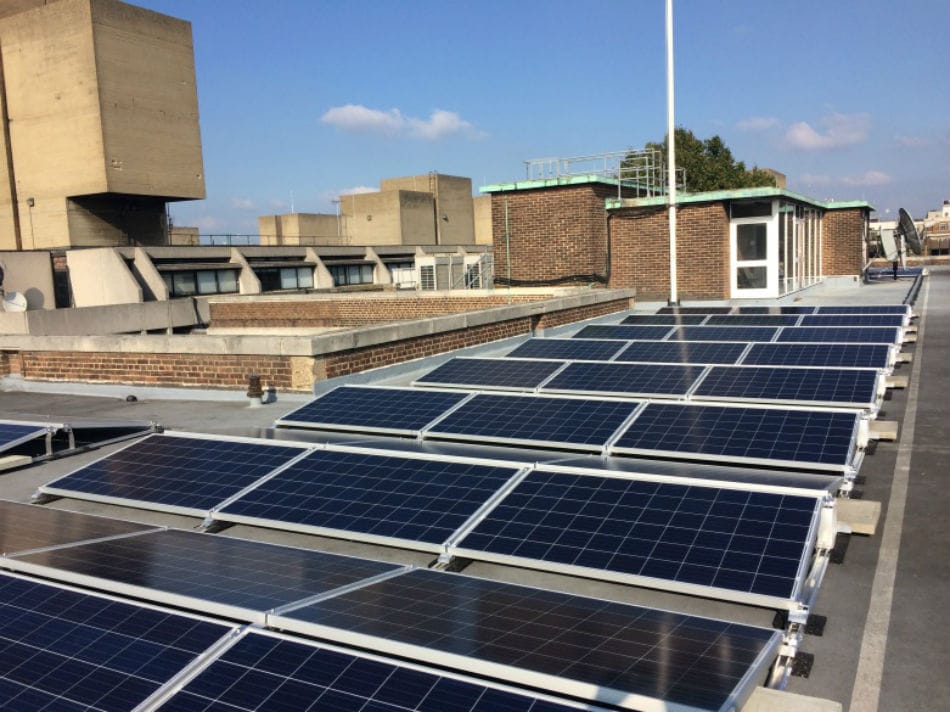SOAS announces its new ‘Fossil Fuels Free University’ status

By Ines Rodier, BA Politics and Development Studies
SOAS has announced that fossil fuels are no longer being used the institutuion. This achievement is the result of a commitment made three years ago by the administration to divest totally from fossil fuels.
Between 2008 and 2015, SOAS had already halved its carbon emissions from buildings, a reduction of 55 per cent. The institution was ranked third over 126 other UK universities in the 2015/ 2016 University Carbon Progress Report. This big step was followed by the decision in June 2014 to stop investing in fossil fuels, as then -Director Paul Webley declared, “while continuing to ensure that the School’s investments deliver a financial return”.
This came after an 18-month long campaign, during which students and staff called on the School to join the “global fossil fuel divestment movement”. SOAS then became the first university in London and the third in the UK – after Glasgow and Bedfordshire universities – to commit to pulling its investments out of fossil fuel.
Today, the school no longer has investments within the oil and gas producers subsector or any companies that derive more than 10 per cent of their revenues from coal mining. Even more promisingly, SOAS does not use energies such as gas and oil anymore.
Some have said that this is proof of the commitment of the students and staff to be united in the fight against the deterioration of the environment , and it also demonstrative of the path to follow for other universities.
SOAS’s example demonstrates that divesting from fossil fuels can only bring benefits. In fact, reduction in utility consumption has enabled the School to save approximately £1.2m between 2008 and 2015. Moreover, the ban of the fossil fuels does not mean that the university will struggle logistically; the use of energy in the campus is on the contrary more intensive. At the same time, recycling facilities have increased in number but also been improved so that a greater range of materials can be recycled. A solar panel initiative has also been brought to fruition by Solar SOAS, a group comprised of SOAS students and alumni, to install community-owned solar panels on campus. There are now 114 solar panels on the roof of the SOAS Old Building, producing 29.6 Kilowatts of electricity.
All these initiatives go hand in hand with the legitimacy of the school to teach and support essential global causes. As Andrew Taylor, manager of People & Planet, has noted: “Universities that continue to say no to divestment are eroding their legitimacy to teach about sustainability”.




